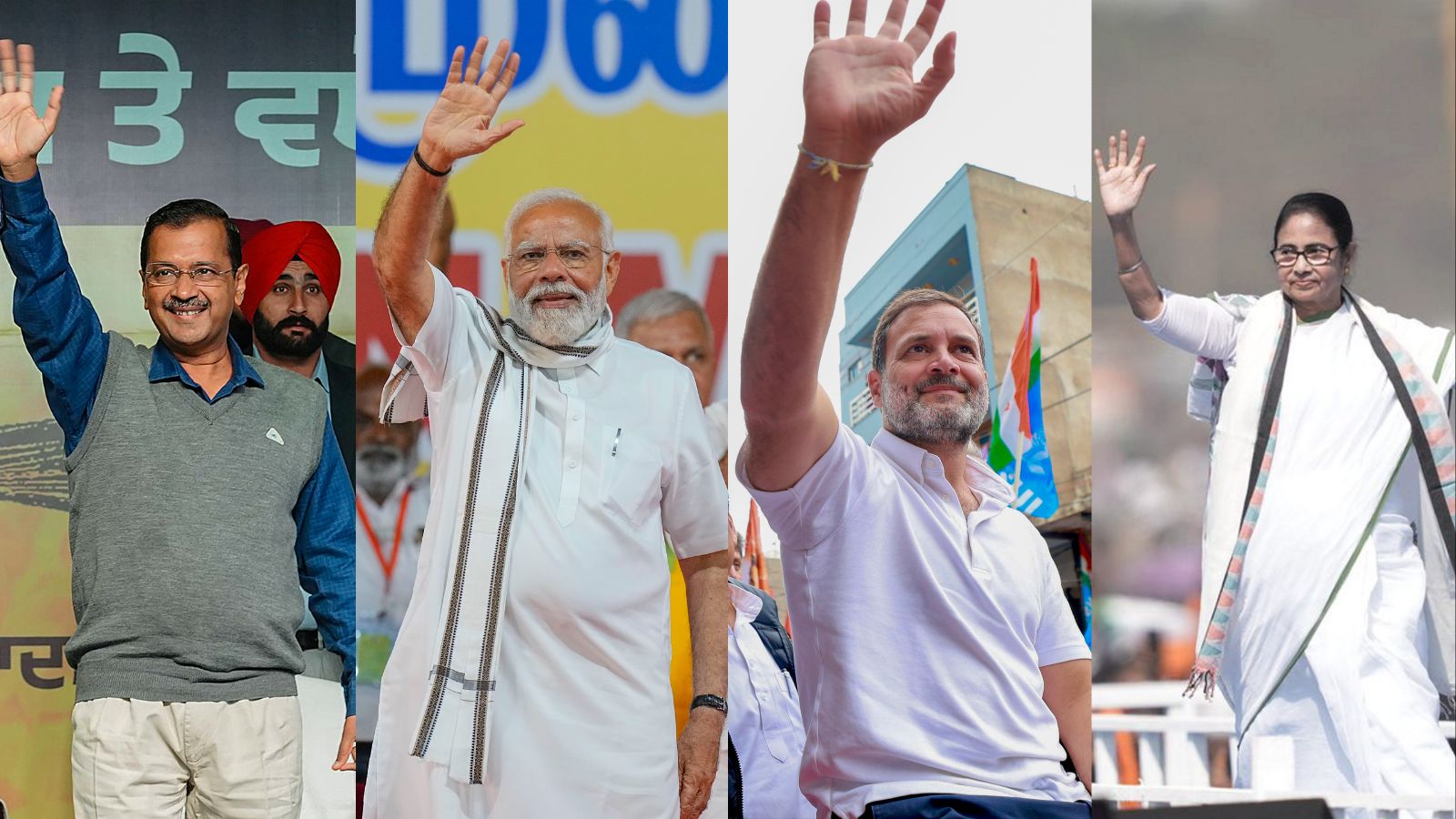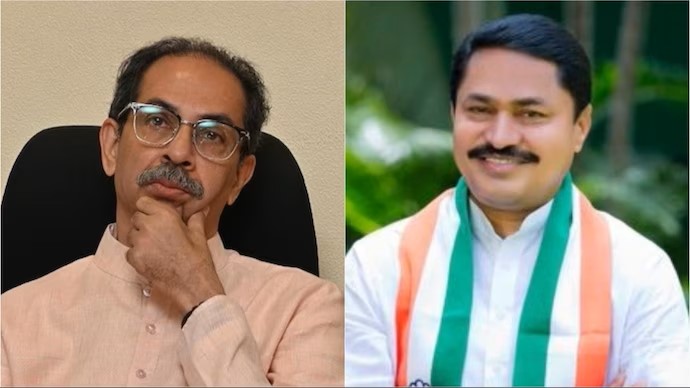The 2024 Lok Sabha elections promise a complex dance of regional dynamics, shifting alliances, and the ever-present influence of caste politics. Two key players in this game are the Yadavs and Kurmis, both belonging to the politically significant Other Backward Classes (OBCs), but with distinct trajectories and voting patterns.
 Historically, Yadavs have been a stronghold of the Samajwadi Party (SP) in Uttar Pradesh and the Rashtriya Janata Dal (RJD) in Bihar. However, recent years have seen a growing disconnect. Corruption concerns, perceived lack of progress for the community, and internal party dynamics have led to a sense of disillusionment. This could pave the way for a shift in their voting patterns.
Historically, Yadavs have been a stronghold of the Samajwadi Party (SP) in Uttar Pradesh and the Rashtriya Janata Dal (RJD) in Bihar. However, recent years have seen a growing disconnect. Corruption concerns, perceived lack of progress for the community, and internal party dynamics have led to a sense of disillusionment. This could pave the way for a shift in their voting patterns.
Kurmis present a more diverse picture. In Uttar Pradesh, they are roughly split between the SP and the BJP, while Bihar leans towards the Janata Dal (United) (JD(U)). This fragmentation makes it harder to predict their collective stance in 2024.
While caste undeniably influences voting behavior, it’s not the sole determinant. Religion, class, and evolving political ideologies also play crucial roles. In Uttar Pradesh, for instance, the consolidation of Muslim votes alongside Yadav disillusionment could potentially benefit the SP, while the BJP’s Hindutva narrative might still hold sway for some Kurmis.
The Centre for the Study of Developing Societies (CSDS) paints a picture of indecision. Their 2019 study indicates a significant portion of both Yadavs and Kurmis remain undecided about their 2024 choice. This fluidity opens the door for strategic alliances, tactical messaging, and targeted campaigns by various parties vying for their support.
- Regional variations exist: Factors like local leadership and state-specific issues can influence voting patterns within each caste.
- New alliances are possible: The political landscape is constantly evolving, and unpredictable partnerships could emerge before 2024.
- The undecided hold the key: Their choices will ultimately determine the impact of the Yadav and Kurmi vote on the 2024 outcome.
The coming years will be vital in witnessing how these dynamics unfold, shaping the narrative of the 2024 Lok Sabha elections and the power dynamics within the OBC community itself. One thing’s for sure: the Yadav and Kurmi vote will be closely watched, analyzed, and fiercely contested – making them crucial players in the grand electoral chessboard of 2024.




